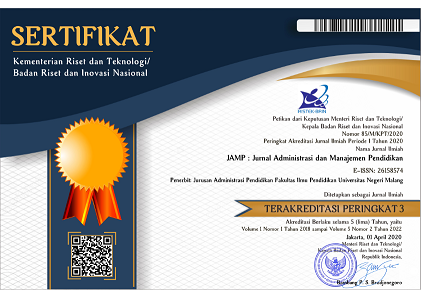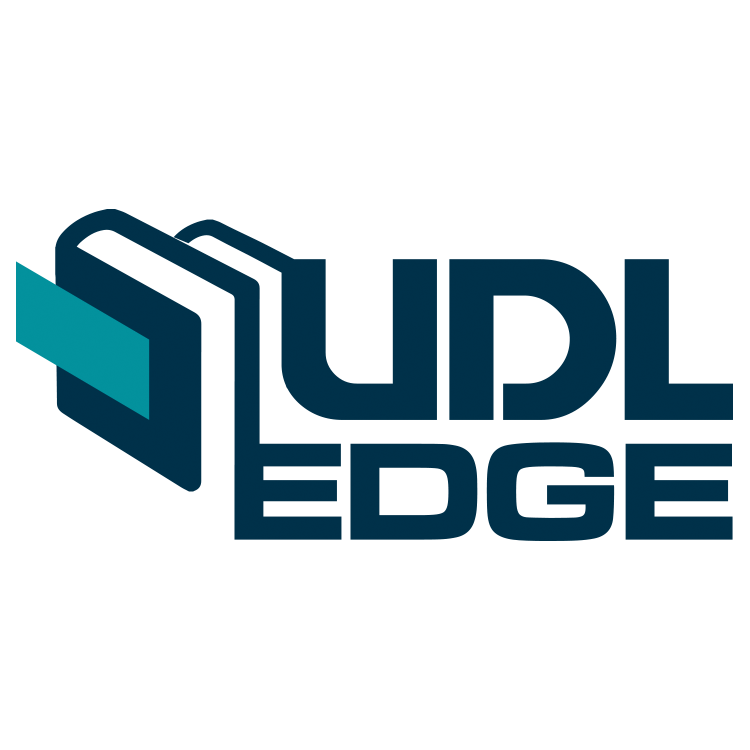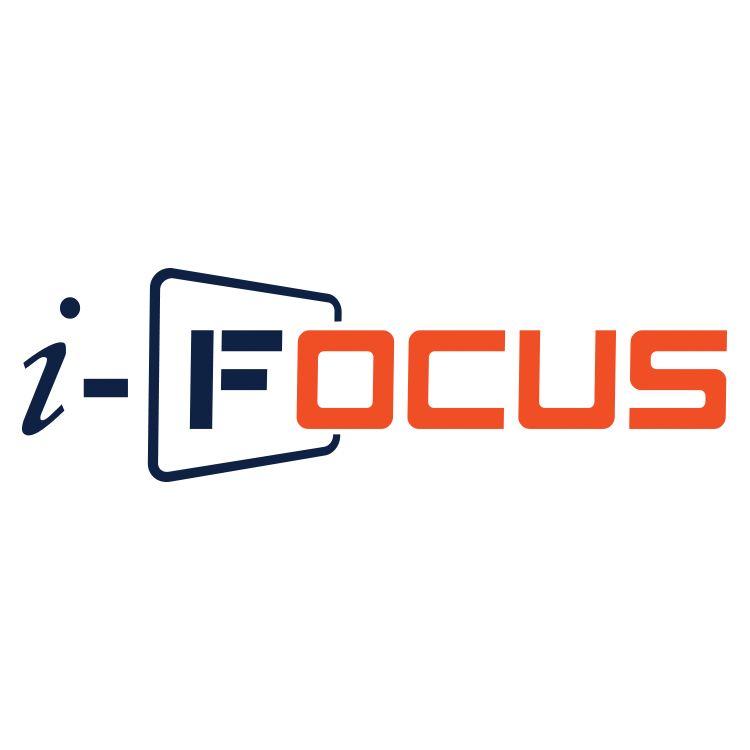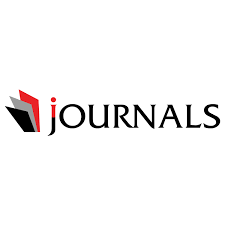PENGARUH CONSUMPTION ABROAD DAN PERKEMBANGAN TEKNOLOGI TERHADAP PERUBAHAN KEPEMIMPINAN STRATEGIS PENDIDIKAN TINGGI
Abstract
Abstract: Consumtion abroad is one of the real impacts of globalization, there is a movement of consumers going abroad and have non-resident status where services are consumed, including higher education. In Indonesia, economic growth is influenced by the level of education and technology, both of which converge in the classroom teaching and learning. Higher education has a strategic role to play in meeting education and technology in the teaching and learning classroom. The factors of knowledge and power, domestic politics, in education have a lot of influence on the development direction of this strategic field. Considered and careful strategic leadership, preserving distinctiveness, and promoting equality among cultures are the long-term commercial interests of higher education, as well as offering individual and social benefits.
Key words: Consumption Abroad; technological developments; changes in strategic leadership
Abstrak: Consumtion abroad merupakan salah satu dampak globalisasi yang nyata, terjadi arus perpindahan konsumen pergi ke luar negeri dan berstatus bukan penduduk dimana jasa dikonsumsi, termasuk pendidikan tinggi. Di Indonesia, pertumbuhan ekonomi dipengaruhi oleh tingkat pendidikan dan teknologi, keduanya bertemu di dalam kelas pengajaran dan pembelajaran. Pendidikan tinggi memiliki peran strategis terhadap pertemuan pendidikan dan teknologi dalam kelas pengajaran dan pembelajaran tersebut. Faktor-faktor pengetahuan dan kuasa, politik domestik, dalam pendidikan banyak memberikan pengaruh terhadap arah pengembangan bidang strategis tersebut. Kepemimpinan strategis yang dipertimbangkan dan berhati-hati, menjaga kekhasan, dan mempromosikan kesetaraan di antara budaya adalah kepentingan komersial jangka panjang dari pendidikan tinggi, serta menawarkan manfaat individu dan sosial.
Kata kunci: Consumption abroad; perkembangan teknologi; perubahan kepemimpinan strategis
Full Text:
PDFReferences
Adserias, R., Charleston, L., & Jackson, J. (2018). What style of leadership is best suited to direct organizational change to fuel institutional diversity in higher education? (pp. 26–42). https://doi.org/10.4324/9780429444234-3
Akopova, E., & Przhedetskaya, N. (2015). Institutional designing of continuous education in Russia under the conditions of neo-economy and globalization. Regional and Sectoral Economic Studies, 15(2), 115–122.
Al-Imarah, A. A., & Shields, R. (2019). MOOCs, disruptive innovation and the future of higher education: A conceptual analysis. Innovations in Education and Teaching International, 56(3), 258–269. https://doi.org/10.1080/14703297.2018.1443828
Aslamiyah, T. A. (2019). Blended Learning dan Kemandirian Belajar Mahasiswa Teknologi Pendidikan. SKRIPSI Jurusan Teknologi Pendidikan - Fakultas Ilmu Pendidikan UM, 0(0), Article 0. http://karya-ilmiah.um.ac.id/index.php/TEP/article/view/82058
Barbuto, J. E., & Davoudpour, S. (2019). Servant Leadership Philosophy Across Intergenerational Cohorts: An Empirical Inquiry. Academy of Management Proceedings, 2019(1), 11539. https://doi.org/10.5465/AMBPP.2019.11539abstract
Bidyuk, N. (2016). Higher Education Globalization in the Context of American Guidelines. Comparative Professional Pedagogy, 6(4), 7–14. https://doi.org/10.1515/rpp-2016-0041
Bond, M., Zawacki-Richter, O., & Nichols, M. (2019). Revisiting five decades of educational technology research: A content and authorship analysis of the British Journal of Educational Technology. British Journal of Educational Technology, 50(1), 12–63.
Bracht, E. M., Junker, N. M., & Dick, R. van. (2018). Exploring the social context of self-leadership—Self-leadership-culture. Journal of Theoretical Social Psychology, 2(4), 119–130. https://doi.org/10.1002/jts5.33
Cebolla-Boado, H., Hu, Y., & Soysal, Y. N. (2018). Why study abroad? Sorting of Chinese students across British universities. British Journal of Sociology of Education, 39(3), 365–380. https://doi.org/10.1080/01425692.2017.1349649
Crittenden, V., & Peterson, R. A. (2019). Digital Disruption: The Transdisciplinary Future of Marketing Education. Journal of Marketing Education, 41(1), 3–4. https://doi.org/10.1177/0273475319825534
Gonzales, S. R. (2019). A Leg to Stand On: Developing Core Beliefs and a Leadership Philosophy for Sound Ethical Decision-Making. New Directions for Community Colleges, 2019(185), 43–51. https://doi.org/10.1002/cc.20337
Harper, J. S. (2016). Extrinsic and intrinsic motivations and their impact on student participation in a study abroad experience. https://ttu-ir.tdl.org/handle/2346/72368
Jadoon, A. K., Butt, A. R., & Hayat, M. A. (2016). Development of Measurement Models for Globalization, Consumption Patterns and Culture: A Case Study of Three Big Cities of Punjab, Pakistan. Pakistan Economic and Social Review, 54(2), 327–361.
Jang, I. C. (2017). Consuming Global Language and Culture: South Korean Youth in English Study Abroad [Thesis]. https://tspace.library.utoronto.ca/handle/1807/79006
Joshi, K. M., & Ahir, K. V. (2019). Higher Education in India: Issues related to Access, Equity, Efficiency, Quality and Internationalization. Academia, 0(14), 70–91. https://doi.org/10.26220/aca.2979
Katz-Gerro, T. (2017). Cross-National Differences in the Consumption of Non-National Culture in Europe. Cultural Sociology, 11(4), 438–467. https://doi.org/10.1177/1749975517725637
Kearney, M., Burden, K., & Schuck, S. (2019). Disrupting Education Using Smart Mobile Pedagogies. In L. Daniela (Ed.), Didactics of Smart Pedagogy: Smart Pedagogy for Technology Enhanced Learning (pp. 139–157). Springer International Publishing. https://doi.org/10.1007/978-3-030-01551-0_7
Khan, N. (2017). Adaptive or Transactional Leadership in Current Higher Education: A Brief Comparison. International Review of Research in Open and Distributed Learning, 18(3), 178–183. https://doi.org/10.19173/irrodl.v18i3.3294
King, E., & Boyatt, R. (2015). Exploring factors that influence adoption of e-learning within higher education. British Journal of Educational Technology, 46(6), 1272–1280.
Landon, A. C., Tarrant, M. A., Rubin, D. L., & Stoner, L. (2017). Beyond “Just Do It”: Fostering Higher-Order Learning Outcomes in Short-Term Study Abroad. AERA Open, 3(1). https://eric.ed.gov/?id=EJ1194154
Lucya, C., & Anis, A. (2019). Pengaruh Teknologi dan Pendidikan Terhadap Pertumbuhan Ekonomi Di Indonesia. Jurnal Kajian Ekonomi Dan Pembangunan, 1(2), 509–518. https://doi.org/10.24036/jkep.v1i2.6261
Lumby, J., & Foskett, N. (2016). Internationalization and Culture in Higher Education. Educational Management Administration & Leadership, 44(1), 95–111. https://doi.org/10.1177/1741143214549978
Masino, S., & Niño-Zarazúa, M. (2016). What works to improve the quality of student learning in developing countries? International Journal of Educational Development, 48, 53–65. https://doi.org/10.1016/j.ijedudev.2015.11.012
Ncube, L. B. (2010). Ubuntu: A transformative leadership philosophy. Journal of Leadership Studies, 4(3), 77–82. https://doi.org/10.1002/jls.20182
Nguyen, S., & Coryell, J. E. (2015). Flipping the Script in Study Abroad Participation: The Influence of Popular Culture and Social Networks. Journal of International Students, 5(1), 23–37.
Oude Vrielink, R. A., Jansen, E. A., Hans, E. W., & van Hillegersberg, J. (2019). Practices in timetabling in higher education institutions: A systematic review. Annals of Operations Research, 275(1), 145–160. https://doi.org/10.1007/s10479-017-2688-8
Polly, D., McGee, J., Wang, C., Martin, C., Lambert, R., & Pugalee, D. K. (2015). Linking professional development, teacher outcomes, and student achievement: The case of a learner-centered mathematics program for elementary school teachers. International Journal of Educational Research, 72, 26–37. https://doi.org/10.1016/j.ijer.2015.04.002
Pucciarelli, F., & Kaplan, A. (2016). Competition and strategy in higher education: Managing complexity and uncertainty. Business Horizons, 59(3), 311–320. https://doi.org/10.1016/j.bushor.2016.01.003
Rajesh, M. (2015). Revolution in Communication Technologies: Impact on Distance Education. Turkish Online Journal of Distance Education, 16(1), 62–88. https://doi.org/10.17718/tojde.26353
Sarker, K. (2015). Neoliberalism, GATS, and Higher Education in India: Moving Away from Its Original Objectives. New Proposals: Journal of Marxism and Interdisciplinary Inquiry, 7(2), 13–27.
Slamet, S. (2019). Melesatkan Mutu Pendidikan Tinggi Di Era Terpori (Disampaikan pada Acara Pelepasan Pegawai Negeri Sipil dengan Jabatan Akademik Guru Besar). http://baki.uny.ac.id/news/melesatkan-mutu-pendidikan-tinggi-di-era-terpori
Varghese, N. V. (2014). Globalization and higher education: Changing trends in cross border education. 5, 7–20.
Willis, J., Krausen, K., & Outlaw, L. (2020). Managing Public Education Resources during the Coronavirus Crisis: Practical Tips and Considerations for School District Leaders. Crisis Response Resource. In WestEd. WestEd. https://eric.ed.gov/?id=ED605941
DOI: http://dx.doi.org/10.17977/um027v4i12021p32
Refbacks
- There are currently no refbacks.
Copyright (c) 2021 Teguh Triwiyanto, Junaidin Junaidin, Asmaa Abusamra

This work is licensed under a Creative Commons Attribution-ShareAlike 4.0 International License.


This work is licensed under a Creative Commons Attribution-NonCommercial-ShareAlike 4.0 International License.









12.png)